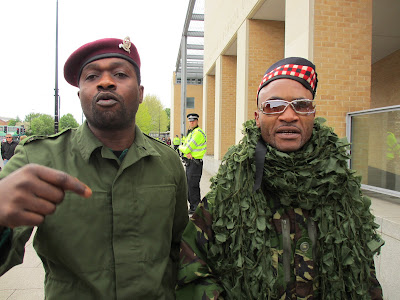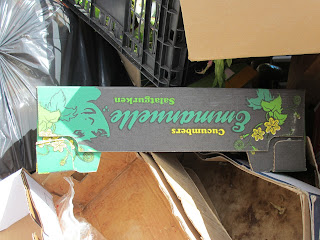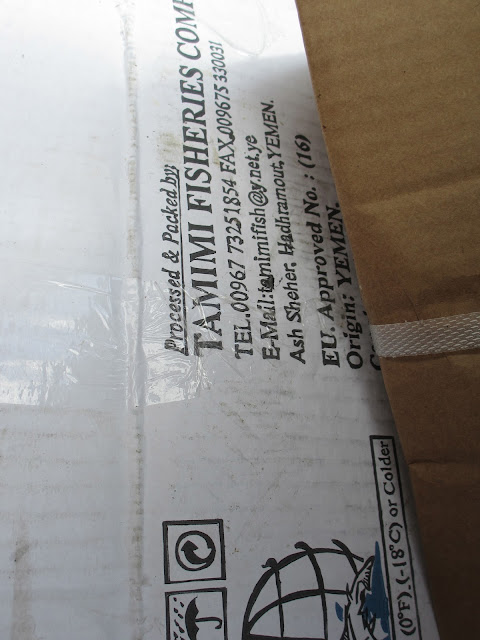Here is a From Our Own Correspondent I did for the BBC about the 'real' Somalia Conference. You can listen to it here. It's the one broadcast on 11 May 2013.
(INTRODUCTION) On Tuesday May 7 2013, delegates from more than fifty countries and international institutions gathered at Lancaster House in London for a big conference on Somalia. It was hosted by the British Prime Minister, David Cameron, and the new Somali president Hassan Sheikh Mohamud. The conference ended with donors promising support for efforts to transform Somalia from conflict-ridden ruin into a functioning nation state. But Mary Harper felt that it was another Somali event, also held in London, that deserved the attention:
The day after the Somalia Conference. The heads of state had made their speeches. Hundreds of millions of dollars/ pounds of extra money had been pledged. The journalists had packed up their cameras and tape recorders. The cleaners were vacuuming the corridors of Lancaster House.
But in another equally glamorous location, another Somalia Conference was taking place. And this was the one that, in many ways, really mattered. Because this was about business and investment.
The British Museum - home to ancient and precious objects from all over the world - was an odd choice of venue. Somalis are traditionally a nomadic people. Apart from livestock, the less you have in terms of material possessions, the better.
This also applies to the Somali business community, a super-globalised group who travel the world, living out of suitcases and making money.
They were there in force in the British Museum. As were the Americans, the Europeans and the Arabs, all keen for a stake in Somalia. A country that has been at war for more than two decades, its cities smashed to rubble, needs new buildings, roads, electricity and water. And it's in a part of the world where fresh reserves of oil and gas are being discovered.
The first thing that caught my eye was an enormous orange banner with a picture of a fat smiling Somali baby wearing nothing but a nappy. Standing in front of it was a smart young Somali in a shiny suit. His name was Mohamed. And he was selling nappies. Made in America. Sold in Somalia.
 |
| Mohamed |
The company was set up by a group of Somalis living in Minnesota in the United States - home to a huge community of Somali refugees. It was inspired by a young Minnesota-based Somali woman who, every time she went to Somalia, got frustrated by the lack of nappies, sanitary pads and other such items.
So, like a good Somali, she saw an opportunity. The products have Somali names and images. They are a Somali brand. And they are selling like crazy in Somali towns.
Mohamed told me that a recent study found that thirty per cent of teenage girls in Somalia miss school for a few days every month when they have their periods. The products he sells means they don't have to miss school any more.
I could have talked to Mohamed for hours, but I was interrupted by a tap on the shoulder. Someone wanted to introduce me to another Somali entrepreneur called Faisa.
Faisa is small, dainty and extremely pretty. Her leopard skin headscarf made her golden skin glow even more, lips painted a bright and shiny red.
 |
| Fails |
She was bubbly and dynamic and had a strong Yorkshire accent. She told me how her family had fled Somalia when civil broke out in 1988. They ended up in the British town of Sheffield in South Yorkshire, hence the accent.
Faisa is doing the opposite of Mohamed. She is exporting goods from Somalia to Europe, the Gulf and elsewhere.
Although it is best known for conflict, famine, piracy and extremism linked to Al Qaeda, Somalia also exports more live animals than any other country in the world. Sheep, goats, cows and camels.
Because Somalia is so hot, the animals have thin skin. This means the leather they produce is of the finest quality, and is used to make fine, supple, soft leather goods such as gloves and handbags.
So this dainty young lady from Sheffield is in talks with some of the world's most prestigious leather companies. She was born in the Somali town of Burao, famous for its livestock. And she knows all about animals and their hides.
She rattled off a long list of tanning methods, and told me her company is investing in a Somali tannery, so the hides can be properly treated at source, instead of the current salt and sun drying method.
But Faisa hasn't stopped at leather. Somalia is also home to special trees whose sap produces frankincense and myrrh. For centuries, these have been exported from Somalia for use as incense in mosques and churches, for perfume, cosmetics and other purposes.
It is currently exported in its raw form. Faisa wants to purify it in Somalia, so more of the profits stay in the country.
After meeting Mohamed, Faisa and many others like them, I wondered why the speeches and politics of the previous day had got all the attention. They felt like a lot of hot air. Unlike the Somali company selling affordable nappies and sanitary pads in Somalia where they are much needed. Or the fine gloves, bags, coats and shoes being made from Somali leather. These felt like real things bringing real benefits. Not just to Somalis but to many other people too.


















































